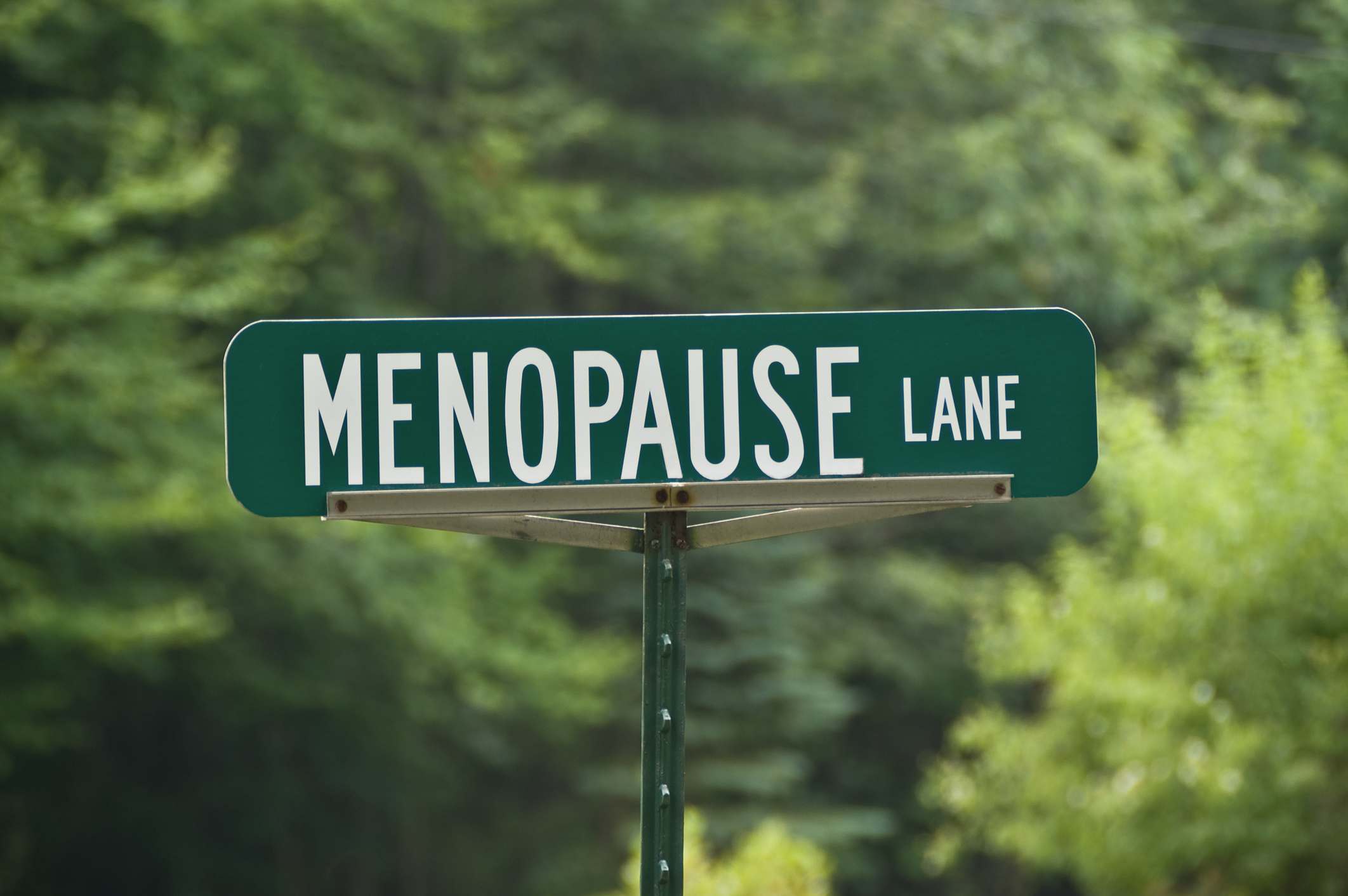Irregular Periods Explained: The Main Reasons Why Your Period Is Out of Whack
Polycystic Ovary Syndrome (PCOS)

This condition affects five to ten percent of women between the ages of eighteen and forty-four. Polycystic Ovary Syndrome causes cysts to form on the ovaries, thus interfering with regular ovulation. Additional symptoms of PCOS include hair growth in odd places, dandruff, weight gain, and infertility. Even though PCOS is much more complicated than a missed period, the absence of ovulation is one of the most common indicators of this disorder. If ovulation does not happen, the egg is not released from the ovary, which in turn causes progesterone withdrawal not to occur, so the uterine lining never sheds. In some cases, the uterine lining continues to build under the steady impact of estrogen until it is so heavy it can no longer sustain itself, and a heavy and long period occurs.
Menopause

Similar to becoming pregnant, menopause occurs when hormone levels in the woman’s body begin to change. Typically, menopause starts when a woman is in her late fifty's, but sometimes irregular periods can occur as early as ten years before menopause begins. As a woman approaches menopause, ovulation becomes infrequent so the menstrual cycle can infrequently come as well. The reason that menopause causes irregular periods is very simple, menopause is the suspension of ovulation. Women are born with only a certain number of eggs, so at this point in life, all of a woman's eggs have been used during menstrual cycles.
